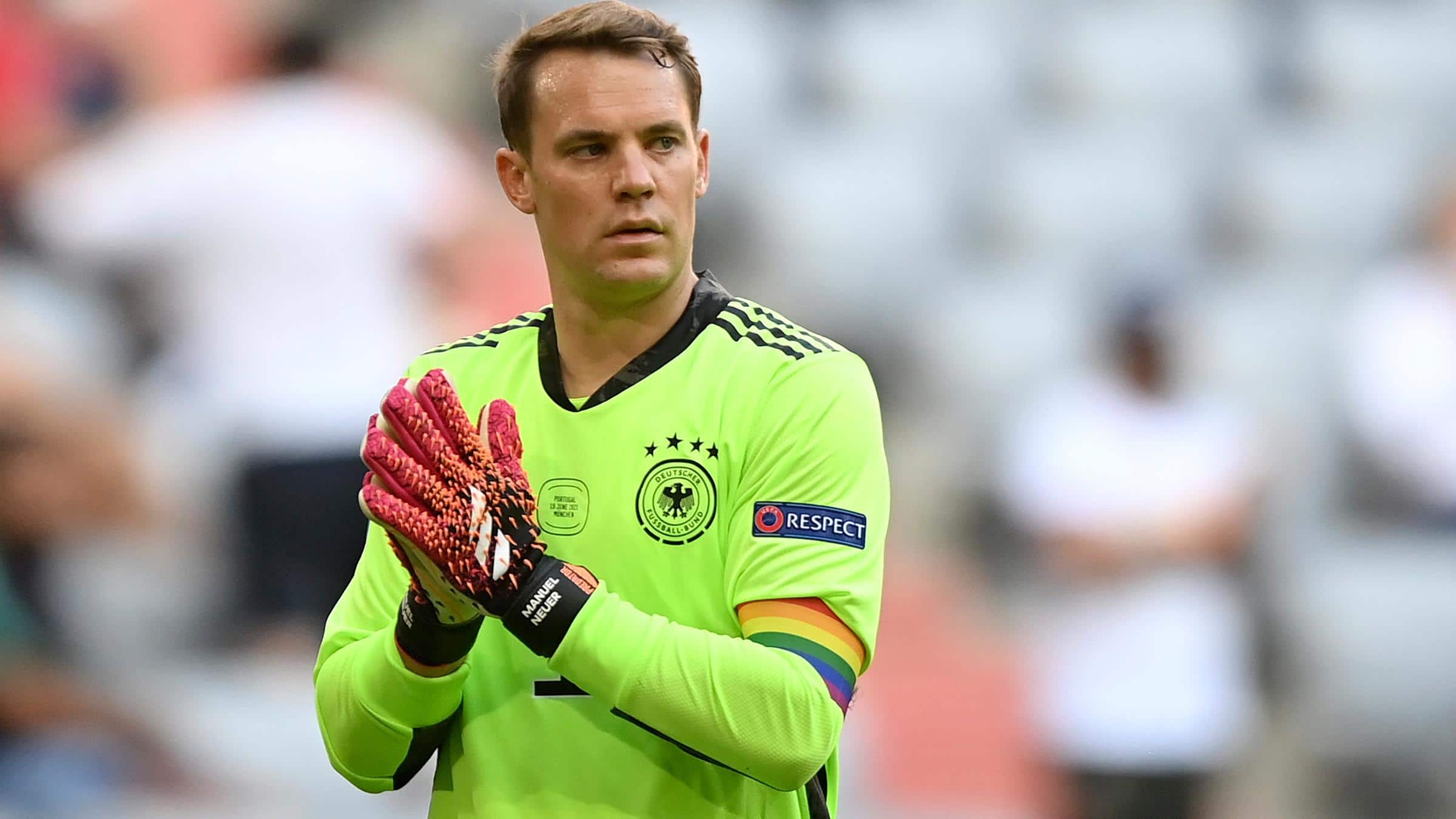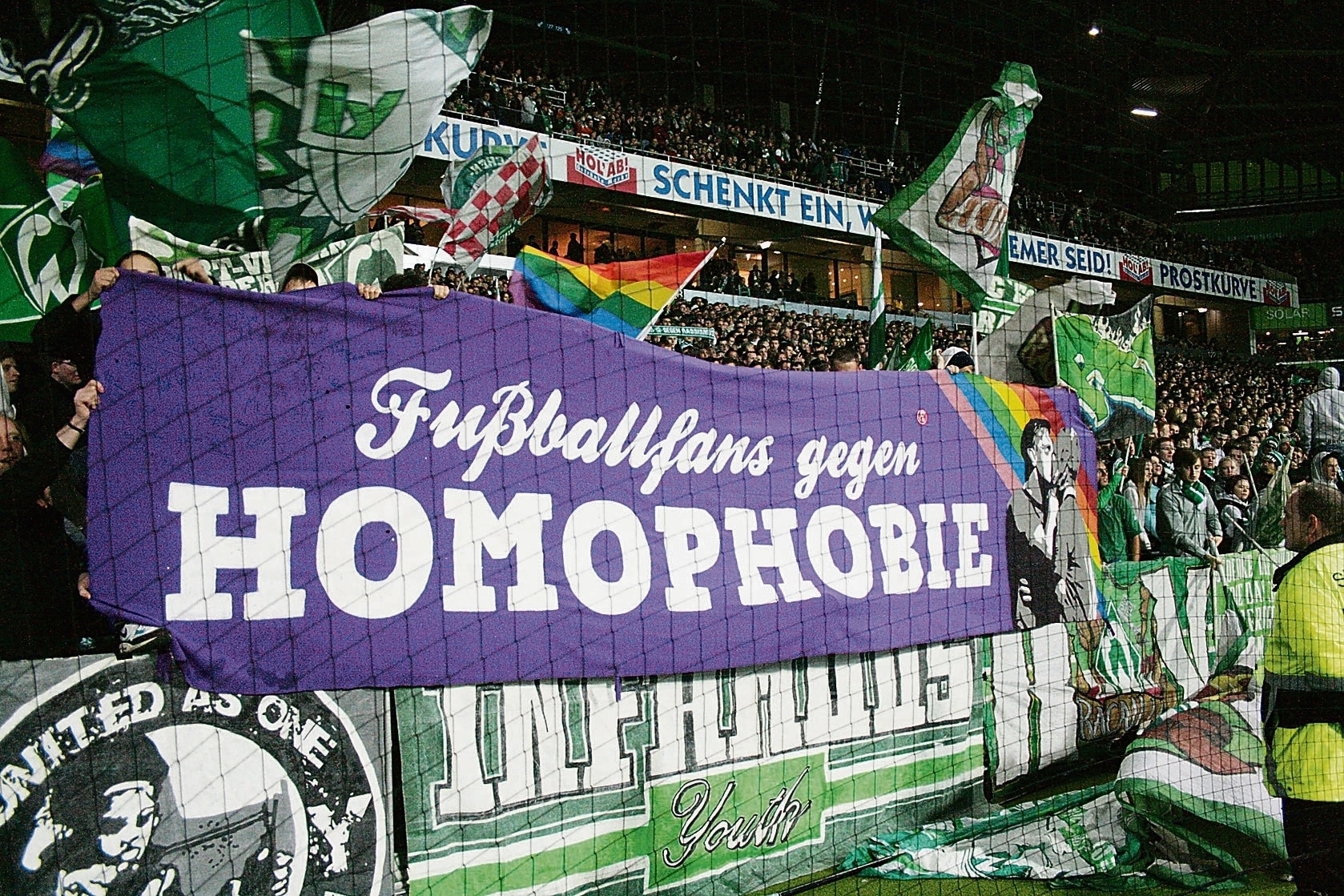

Homosexuality in soccer: A look at the current European Championship in Germany
Homosexuality in soccer: In the world of soccer, a sport that inspires millions of people worldwide, the topic of homosexuality was a taboo for a long time. However, with increasing social acceptance and progress in LGBTQ rights, soccer is slowly moving in a more inclusive direction. The European Championship (EM) 2024 in Germany offers an excellent opportunity to highlight and discuss this important topic.
Historical development and current challenges
Soccer has a long history that is characterized by traditions and fixed role models. The idea of masculinity in particular plays a central role in this. This culture has often made it difficult for homosexual players to come out. For a long time, homosexuality in soccer was a taboo subject that was rarely discussed in public. Players feared discrimination, bullying and the loss of their career if they revealed their sexual orientation.
Thomas Hitzlsperger's outing in 2014 was a significant turning point: the former German international came out as homosexual after the end of his career. His courage inspired many and brought the topic into the public debate. Hitzlsperger emphasized the importance of being a role model and driving forward the discussion about homosexuality in soccer.
Despite such progress, the number of out footballers remains low. The fear of negative reactions, both from fans, teammates and clubs, prevents many from taking this step. However, the growing support from initiatives, organizations and society as a whole shows that the culture is slowly changing. More and more efforts are being made to create an environment in which players can live their sexuality openly without fear of reprisals.
The European Championship 2024 in Germany: a sign of hope

Homosexuality in soccer: The 2024 European Championships in Germany will be held under the motto "United by Football. United in the heart of Europe". This motto emphasizes the importance of unity and inclusion, which is particularly important for the LGBTQ community. Germany has shown itself to be a pioneer for diversity and tolerance in the past, and the European Championship provides a platform to further promote these values.
During the tournament, numerous initiatives and projects will be implemented to raise awareness of the acceptance of homosexuality in soccer. Campaigns and awareness-raising measures in the stadiums and on social media will draw the attention of fans and players to the issue. Slogans such as "Football for all" and "Love knows no boundaries" will be visible from afar to spread the message of inclusion.
Another important sign is the presence of the rainbow flag, the symbol of the LGBTQ movement. Many stadiums are planning to illuminate their exterior façades in rainbow colors to send a visible signal of tolerance and diversity. Events such as panel discussions and workshops around the European Championships will also provide space for exchange and discussion. Experts and activists will talk about the challenges and progress in the area of LGBTQ rights in sport.
The 2024 European Championship in Germany has the potential to serve as a catalyst for further acceptance and integration of homosexuality in soccer. It shows that sport, which is often seen as a reflection of society, is moving towards a more inclusive and open culture. It is to be hoped that more players will find the courage to come out in the future and that homosexuality will no longer remain a taboo subject in soccer.
Initiatives and projects during the European Championship
Several projects and initiatives will be implemented during Euro 2024 in Germany to raise awareness of the acceptance of homosexuality in soccer:
- Campaigns and awareness-raising: Various campaigns in the stadiums and through social media aim to raise awareness of the issue among fans and players. Slogans such as "Football for all" and "Love knows no borders" will be visible from afar.
- Support for gamblers: There is more and more support for gamblers who want to come out. Psychological counseling centers and networks offer support and create a safer environment.
- Rainbow colors: The rainbow flag, the symbol of the LGBTQ movement, will be prominently displayed during the games. Many stadiums are planning to illuminate their exterior façades in rainbow colors to set an example for tolerance and diversity.
- Panel discussions and workshops: Various events around the European Championship offer space for discussion and exchange. Experts and activists will discuss the challenges and progress in the area of LGBTQ rights in sport.
What does this mean for the future?
The 2024 European Championship in Germany can serve as a catalyst for further acceptance and integration of homosexuality in soccer. It shows that sport, which is often seen as a reflection of society, is also moving towards a more inclusive and open culture. It is to be hoped that more players will find the courage to come out in the future and that homosexuality in soccer will no longer remain a taboo subject.
Conclusion
Homosexuality in soccer remains a sensitive topic, but one that is gaining increasing acceptance. Euro 2024 in Germany is an opportunity to celebrate progress and continue to fight for an open and inclusive soccer culture. With the support of fans, players and organizations, soccer can become a place where everyone, regardless of their sexual orientation, is welcome and feels safe.
Through joint efforts and community involvement, we can ensure that homosexuality is no longer a taboo in soccer, but is seen as a natural and accepted part of the sporting world.
Also take a look at our Cruising listings on!
